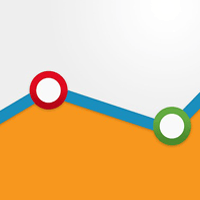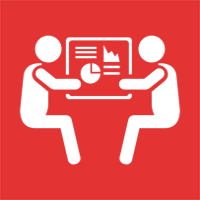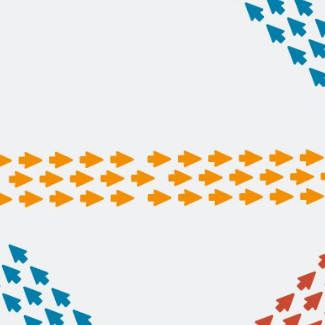Trust Your Gut? Big Data Science & the Analytics Trap

By Peter Prestipino
In order to achieve even a modicum of success as an Internet professional, familiarity with analytics (digital and otherwise) is proving increasingly essential - and at every level of the enterprise.
Today's customer support specialists, for example, must understand how their own live chat performance impacts conversion, and modern digital marketers and online advertisers must measure every nuance of the pre- and post-click user experience in order to successfully optimize awareness and branding initiatives. Let us not forget the C-suite who has to bring it all together and execute based on the insights that data analysis offers.
Without knowing exactly where an enterprise is in terms of performance today (as well as where they have been) there's simply no way to make the necessary modifications for the future; the changes and pivots that can turn around an ailing company's less-than-desirable fortunes and put the brand being represented back on a path toward greater digital riches - or is there? The Web industry is turning to big data in droves, but they may ultimately be falling into the trap of analytics.
One of the hottest careers right now is that of the "big data scientist" who are, simply, skilled at culling through massive data sets to discover insights that may have otherwise gone unnoticed - insights that could make the difference between being in the red and laughing all the way to the bank. Regardless of the volume of traffic that your website (or application) receives, realize that you are already likely flirting with data science - but you may not need to.
A new study from Time Inc.'s Fortune Knowledge Group and global advertising agency Gyro indicates that business leaders still, for the most, just go with their gut. Data from the "Only Human: The Emotional Logic of Business Decisions" research report showed that 62 percent of business leaders indicate that they tend to trust their own intuition, and 61 percent said real-world insight tops hard analytics when making decisions. Even with all the technology advancements of the past 20 years, we still make business personal - and that's the way it should be; there's often no replacement for experience.
Did You Know?
· 62% of business leaders tend to trust their own intuition.
· 61% said real-world insights top hard analytics when making decisions.
Data science is essentially the integration of methods from statistics, computer science and other fields for the purpose of gaining insights from data - data that is, at least if you are currently tracking website and user activity, already at your disposal (within your preferred analytics account). Data science entails an iterative process of data harvesting, cleaning, analysis and visualization, and finally, implementation - a process not wholly unlike the "experience" that has for so long been valued and rewarded so highly among business professionals. Decisions based on either process can move an enterprise forward toward their ultimate aim - be that the development of a new product design, an investment in something specific or a retooling of a business strategy. So which will you choose? Big data or your own intuition? Hopefully, it will be a balance of the two.
What's important to understand is that the presence of big data and all the analytics processing power available today is often seen from within a silo - we don't have the big picture so we end up making the wrong decision entirely. Enterprises that can successfully balance big data sets with executive intuition, will be those prepared for the future.











